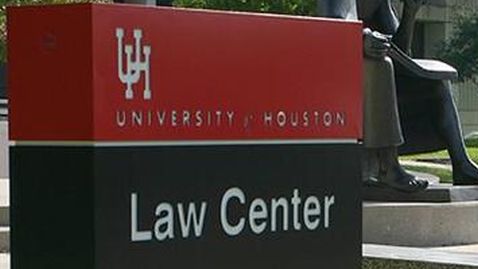A class titled ‘International Corporate Compliance’ will be offered in the spring of 2013 by the University of Houston’s law school. The course will have curriculum that covers the Foreign Corrupt Practices Act, data analytics in compliance programs and internal audits. The professor who will be teaching the class is Ryan McConnell, a partner from Baker & McKenzie LLP. McConnell told the Wall Street Journal that it is the “first U.S. law school class of its kind.”
The dean of the University of Dayton School of Law, Paul McGreal, said that he was the teacher of a very similar class back in 2005. McGreal taught a seminar about corporate compliance at the South Texas College of Law. McGreal also said that he is hopeful that Dayton will be offering the same class in the spring of 2013 as well. McGreal did say that corporate compliance classes at law schools are very hard to find right now.
“My informal unscientific sense is that it’s not common,” McGreal said. “There are no coursebooks, I had to put together all my own materials. Part of it may be that law professors just aren’t that aware of the field.” McGreal familiarized himself with corporate compliance during his days working in private practice and because his father worked in-house with J.C. Penney. “A lot of [professors] just don’t have the practical experience to be able to teach a class like that.”
McConnell said that he proposed the idea of a compliance class to the University of Houston because of a lack of the classes across the country.
“Although there are a variety of law school classes that focus on compliance related topics, such as anticorruption, trade controls, and environmental law, we have seen no U.S. law school class that focuses on building and maintaining a risk-based compliance program,” McConnell said.
McGreal said that newly certified compliance officers enter into their profession unprepared for what is ahead of them because of the lack of corporate compliance classes at law schools in the United States.
“I talk to a lot of compliance officers who get tossed on the job,” McGreal said. “Then they find themselves swimming, trying figure out what to look at.”
McGreal also went on to say that the lack of corporate compliance classes at law schools across the country provide an economic opportunity for others.
“Third party conferences have made millions each year teaching lawyers how to manage compliance risks,” said McConnell. “This environment has created an opportunity for law schools to educate interested students on how to build and manage a compliance program.”













































